Earth unique is life on other planets quickly died
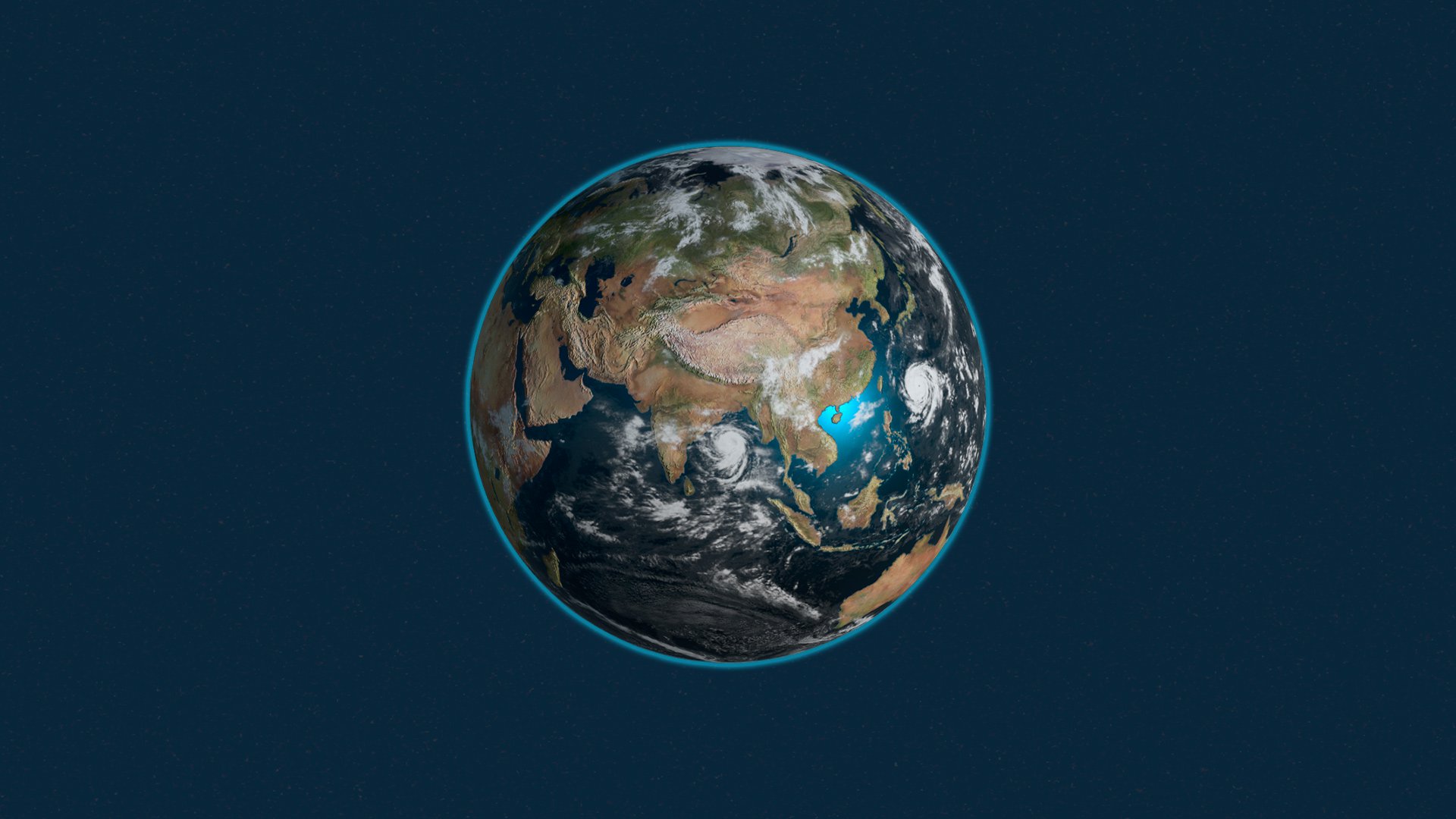 Source:
Source:
"Riddle of why we haven't found any signs of aliens, maybe not so much connected with the probability of emergence of life or intelligence, but with the extremely rapid emergence of the biological regulation of feedback loops on a planetary surface," says Aditya Chopra of the Australian national University. "The first life is fragile, so we believe that it rarely develop fast enough to survive."
the
How was life?
In short, life on other planets is likely to be very short-lived and will disappear very quickly, I assume astrobiologists from the Australian national University. The study aimed to understand how anyone could support life, scientists realized that a new life is usually dying because of the increasing warming or cooling of our own planet. The answer is a group of scientists found in the so-called "theory of Gaia" by James Lovelock.
In the 1970-ies chemist Lovelock and the biologist Lynn Margulis developed the idea that our Earth may be like a living organism, self-regulating entity that uses feedback loops to maintain conditions suitable for life. They dubbed potentially living planet Gaia — after the Greek goddess of the Earth.
Search for "other lands" in many respects is the search for "other Gay" and NASA plans for discovery of other planets similar to Earth is very dependent on the understanding of the relationship between life and the Universe, developed Lavloka in the context of the theory of Gaia.
Life took over the Land with an almost irresistible rush. When the Earth was young, her falling debris left over from Solar system formation, creating a extreme environment where life could not resist for long. This continued for 600 million years after the formation of the Solar system. However, we have evidence that as soon as the bombardment ended, life began.
According to John Gribbin, author of ‘Alone in the Universe’, the Earth's orbit is located in an excellent location in the Solar system from the point of view of prospects of development of intelligence. But the situation is not so obvious, what seems at first glance. The presence of life on Earth plays a role in regulating the planet through the greenhouse effect. Gases such as carbon dioxide, warmed the Earth's surface, holding heat that otherwise would escape into space.
Today, this natural greenhouse effect makes the Earth 33 degrees warmer than the surface of the airless moon, although Earth and Moon are almost the same distance from the Sun. When the Earth first formed, writes Gribbin, the atmosphere was rich in greenhouse gases and prevented the planet freezing, although the Sun was colder. As soon as the Sun heats the Earth came to life, the creatures pulled carbon dioxide from the air and deposited in the form of carbonate rocks, reducing the strength of the greenhouse effect. Life changes the amount of carbon dioxide in the air, thanks to the feedback processes that maintain the heat on the planet, when the Sun cools and prevents overheating when heated.
This is the basis of the theory of Gaia, by James Lavloka, which gives us the space to search for life outside our Solar system. Lovelock Speedway main question was: what makes the Earth special? "The air we breathe, can only be an artifact maintained in a steady state far from chemical equilibrium by biological processes. Living things must regulate the composition of the atmosphere not only today but throughout the history of life on Earth — literally for billions of years."
But then there is the mystery: why the greenhouse effect does not come, when the Sun warmed up, why did not happen the same that happened to Venus? The answer, according to Lovelock, is that life regulates the composition of the atmosphere, gradually removing carbon dioxide during heating of the Sun, keeping the temperature of the Earth comfortable for life.
Scientists at the Australian national University believe that the reason we have not found evidence of an advanced technological life, may lie in the fact that all the aliens have died out. "Extinction is a cosmic order to a greater portion of life which has ever appeared," write the study authors.
"Perhaps the universe is teeming with potentially habitable planets, many scientists think that they should be crawling with aliens," says Chopra. "Most of the early planetary environments is unstable. To create a habitable planet, life forms must regulate greenhouse gases, such as water and carbon dioxide to maintain a stable surface temperature".
About four billion years ago the Earth and Mars could be inhabited. However, a billion years after the formation of Venus became a greenhouse, and Mars were frozen in the ice.
Early microbial life on Venus and Mars, if any, are unable to stabilize a rapidly changing environment, says co-author Charlie Leinweber from the Institute of planetology ANA. "Life on Earth is likely to have played a leading role in stabilizing the planet's climate".
Damp, solid planets with the ingredients and energy sources needed for life, seem to be universal, however, as noted by physicist Enrico Fermi in 1950, no signs of survival of extraterrestrial life was found.
A Likely solution to the Fermi paradox, scientists say, will be almost universalearly extinction, which they dubbed "a bottleneck Gay" (so-called any bottleneck). "A curious prediction of a bottleneck Gays is that the vast majority of the fossils in the Universe will consist of extinct microbial life, rather than of multicellular species, such as dinosaurs or humanoids whose development requires billions of years," said Leinweber.
"Can a planet, in a sense, to be alive?", asks NASA astrobiologist David Grinspoon. He is not the first time puts forward such a concept. In his book 2003 ‘Lonely Planets’ Grinspun presented the hypothesis of a "living world", a slight variation of the well-known hypothesis of Gaia.
Since this idea was discussed quite vividly, however, was considered more philosophical than scientific. However, many researchers agree that this concept has helped the science of the Earth system to move forward, allowed us to understand that many of the Earth's cycle of water, nitrogen and carbon cycles; plate tectonics; climate are deeply interconnected and modulate or are modulated by life on Earth.
"a Gay man can be just a good metaphor," says Grinspun. "But I wonder, is it possible to count something that didn't just happen on our planet, and what is happening to our planet".
"Not so easy to divide the living and nonliving parts of the Earth", he adds. "Life has made the Earth what it is, to a large extent. This is a common sense hypothesis, Gay, and Living worlds hypothesis just takes this idea to other planets".
"the Idea of the origin of life separated from the birth of a living world has interesting implications for life elsewhere," writes Grinspoon. "If the Gay-regulation is responsible for the longevity of the Earth, we need to find other places where this has developed a global body, not just places where there could be life."
In Other words, our search for life should focus on sites with active geological and meteorological cycles, potentially signaling a living biosphere.
Today we found nearly 2,000 planets orbiting distant stars, and continue to find new. Although these worlds may be too far for us to find any direct evidence of life in the near future, scientists are becoming more skilled in determining the composition of their atmospheres. Perhaps one day this skill will allow us to distinguish between "abortive biosphere" and potentially living worlds.
What do you think, can we find an analogue of our planet or are we alone in the Universe? Share it with us .
Recommended
What will be the shelter for the first Martian colonists?
Mars is not the friendliest planet for humans While the Red Planet is roaming rovers, researchers are pondering the construction of shelters and materials needed by future Martian colonists. The authors of the new paper suggest that we could use one ...
New proof of string theory discovered
Just a few years ago, it seemed that string theory was the new theory of everything. But today the string universe raises more questions than answers String theory is designed to combine all our knowledge of the Universe and explain it. When she appe...
What is the four-dimensional space?
Modeling camera motion in four-dimensional space. View the world in different dimensions changes the way we perceive everything around, including time and space. Think about the difference between two dimensions and three dimensions is easy, but what...
Related News
Programmer-biohacking, grown rich on bitcoin, plans to create designer babies
Keyboard Brian Bishop in Austin, Texas, were literally steaming. Recognized nationwide high-speed typewriting, he was preparing a polite request, well-known futurist from the UK. Wanted to get advice about their "startup designer ...
We need more powerful nuclear engines to explore space. The production of plutonium-238 is growing
last year, "Voyager 2" finally broke through to interstellar space, having more than 18 billion kilometers. This epic mission was possible thanks to nuclear energy technology which spacecraft worked for decades. The spacecraft, si...
Artificial intelligence will determine your age on intestinal microflora
Many bacteria and other tiny organisms that live in your gut, which is often referred to as the microbiome or microflora, to not just help you digest food and fight diseases. As described in detail in a new study, they also provid...
How did the periodic table of elements periodic
every field of science is your favorite anniversary. Physicists it's "Principles" Newton's book of 1687, which introduced the laws of motion and gravity. Biologists celebrate Darwin's "Origin of species" (1859) and his birthday (1...
Underground microbes has almost reached immortality
last month, the Deep Carbon Observatory announced the astounding fact: the mass of microbes living beneath the Earth's surface, is from 15 to 23 billion tons of carbon, about 245-385 times the mass of carbon of all people. It is a...
The dream of physicists: what colliders would be much cooler than the Large hadron?
If the physics of elementary particles get their way, new accelerators will be able one day to thoroughly explore the curious sub-atomic particle in physics — the Higgs boson. Six years after the discovery of this particle at the ...
A scientist accidentally found the oldest version of the periodic table
Sometimes you can discover truly amazing and incredibly valuable things, conducting a General cleaning of the room, is where the most cleaning is never really done. Don't believe? Just ask the doctor of chemistry Alan Aitken of St...
CERN wants to build the biggest and coolest Collider particles in the Universe
actually, I deliberately made a mistake in the title. Colliders — quite a natural phenomenon that often occurs in our Universe. face split in stars and black holes at energies that are even difficult to imagine. However, the pride...
Scientists: nuclear power is the only salvation from climate catastrophe
to reduce emissions of greenhouse gases and save the planet from global warming, many countries are trying to switch to renewable energy sources. To do this, they build solar and wind farms that take up huge area of land. Scientis...
The Nobel laureate lost premiums due to racist remarks
In 1962, American biologist James Watson won the Nobel prize in physiology or medicine for the discovery of the structure of the molecule . In my entire career of 90-year-old scientist had to give a lot of scandalous interviews in...
Scientists have learned to look for the bacteria generating electricity
Some bacteria can generate electrical energy, and scientists intend to use them as an unusual property for electrochemical devices, fuel and wastewater treatment. As a rule, unusual bacteria exist in environments with low oxygen c...
The satellites captured the storm that lifts a 17-foot waves in the Pacific ocean
In the Pacific ocean, the raging storm, which despite its huge size, has no name. It is clearly visible from the orbit of the Earth — shocking picture was captured not one, but two meteorological satellites from different countrie...
SpaceX will dismiss 10% of its employees to focus on what's important
Aerospace company private space transportation that will take us one day to Mars, reduces 10% of the workforce, almost immediately after the first successful rocket launch for a satellite operator Iridium. The news, first publishe...
For all time, scientists have deciphered at least 1% of the data of the Large Hadron Collider
the Large Hadron Collider — is one of the most amazing inventions of mankind, responsible for the discovery of numerous subatomic particles, including the elusive Higgs boson. And recently, new data hint at new discoveries b...
For all time, scientists have deciphered at least 1% of the data of the Large Hadron Collider
the Large Hadron Collider — is one of the most amazing inventions of mankind, responsible for the discovery of numerous subatomic particles, including the elusive Higgs boson. And recently, new data hint at new discoveries b...
The new model of the Universe explain dark energy
Researchers from Uppsala University in Sweden have proposed a new model of the Universe, capable, in their opinion, to solve the mystery of dark energy, which according to many theoretical physicists, responsible for the expansion...
Amoeba found in the solution of complex mathematical problems faster than a computer
the Amoeba — is a simple creature, we go to school on one of the first lessons of biology. Hardly anyone considers the amoeba of highly intelligent individuals, because she doesn't have a nervous system in the usual sense. H...
What to expect from science in 2019?
to Predict the future — is not easy. This is dedicated to the entire discipline. Trained forecasters rely on data to seek out trends, observing people's behavior, trying to guess what will happen next. This is especially true of s...
Scientists have achieved superconductivity at record high temperatures
from school lessons of physics we know that an electric current flowing through a conductor meets with resistance. Because of this, a lot of energy is expended for nothing, but in 1911, scientists have noticed a strange feature of...
Smallest particles. How are they fundamental?
what is at the most basic, fundamental level? Is there a smallest possible brick or set of bricks from which you can build literally everything in our Universe that cannot be divided into something smaller? To this question scienc...


















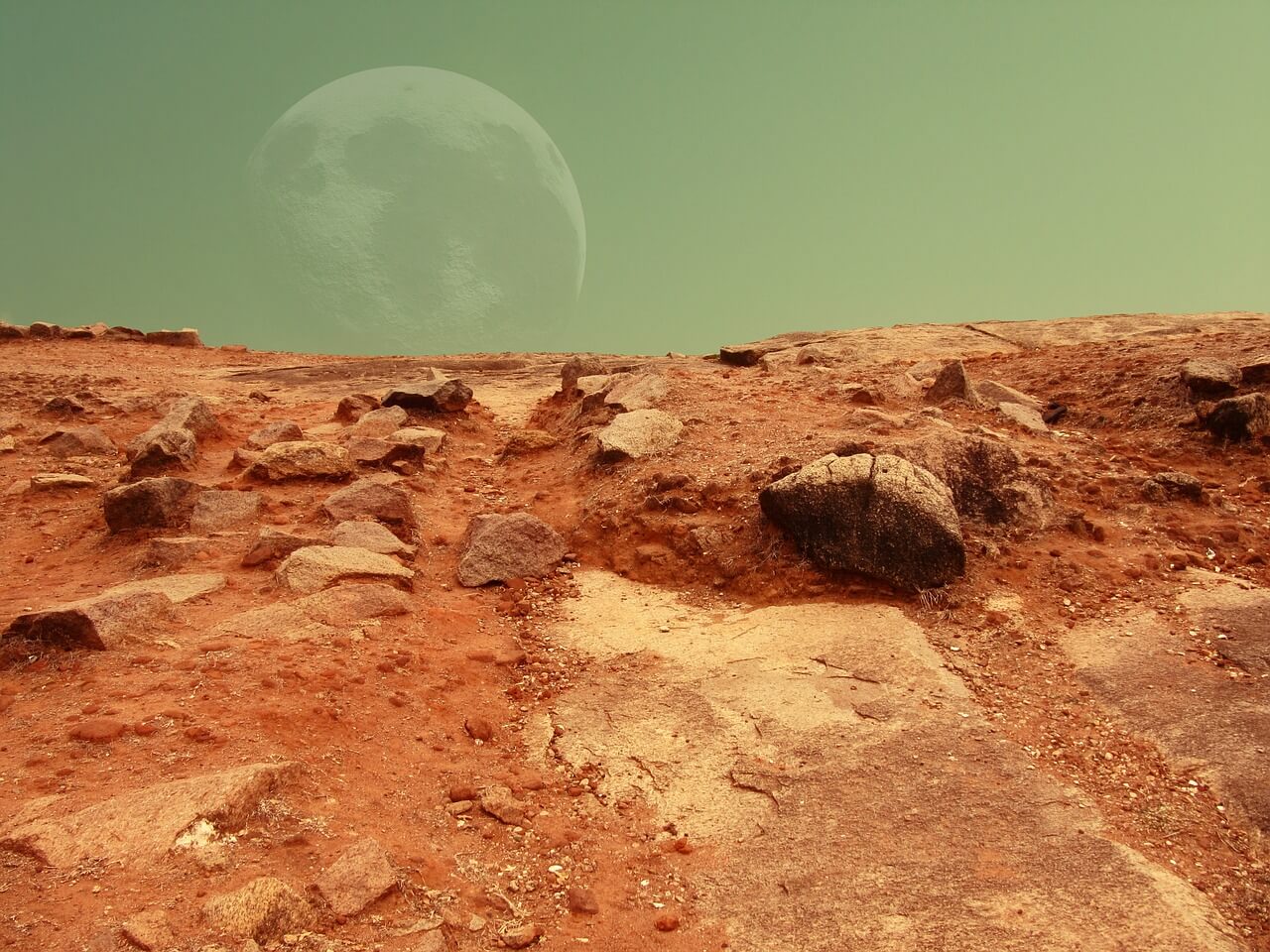
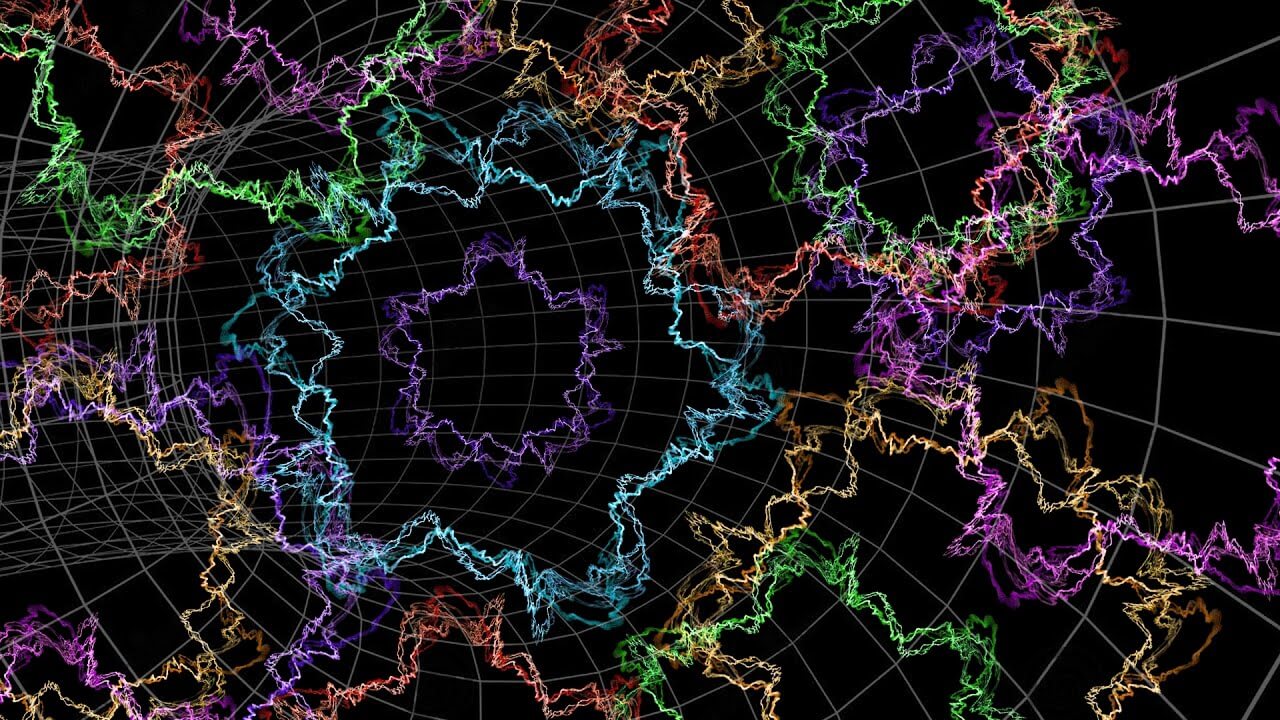

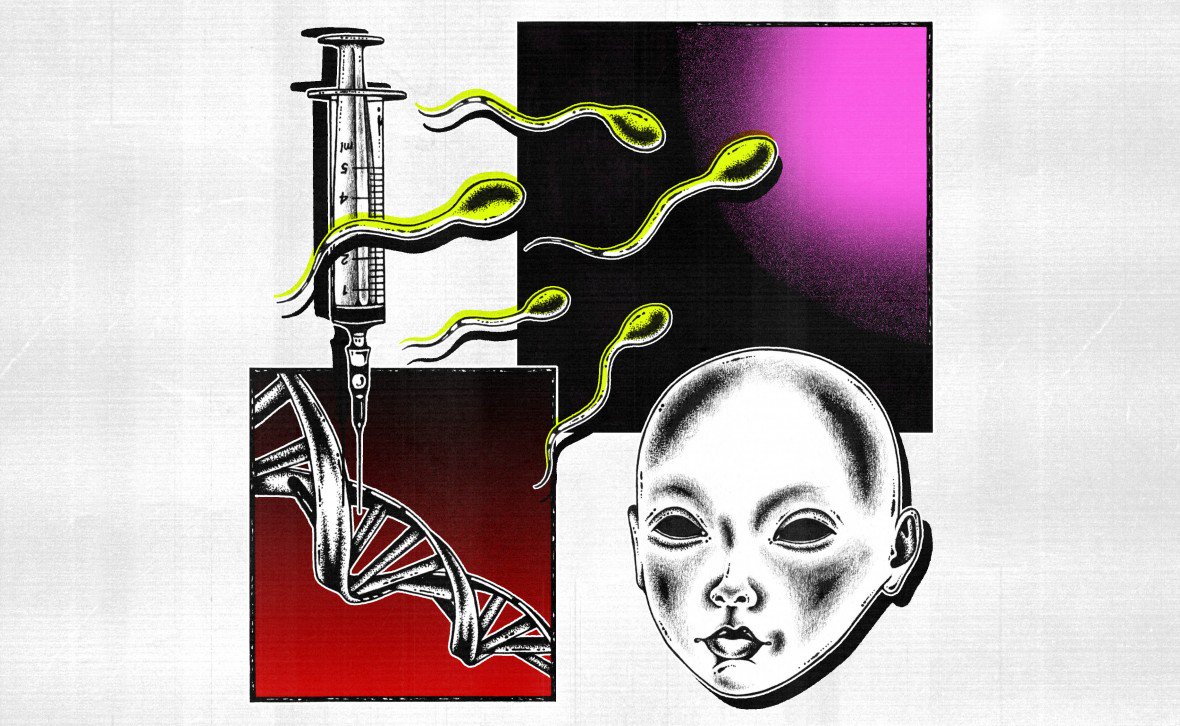
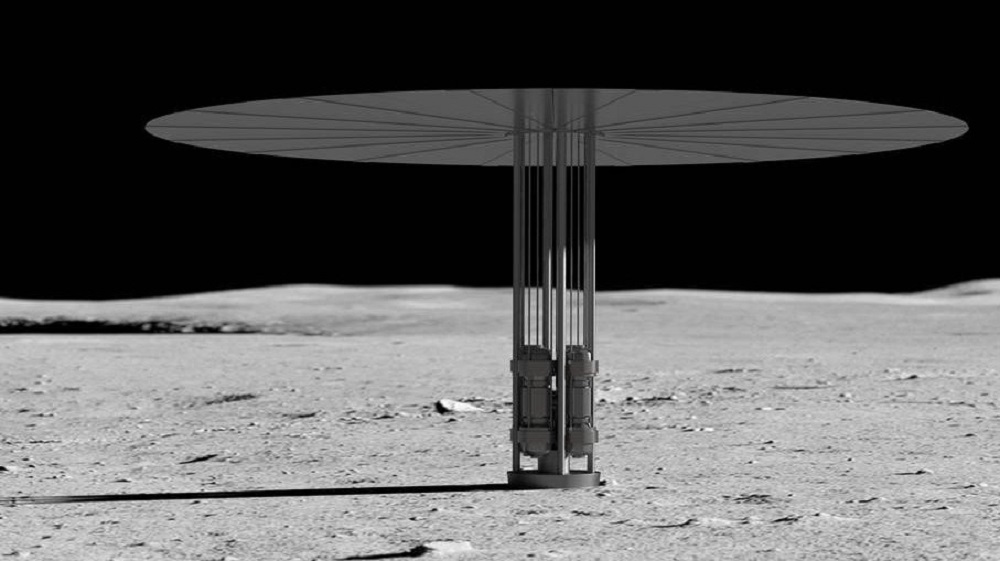
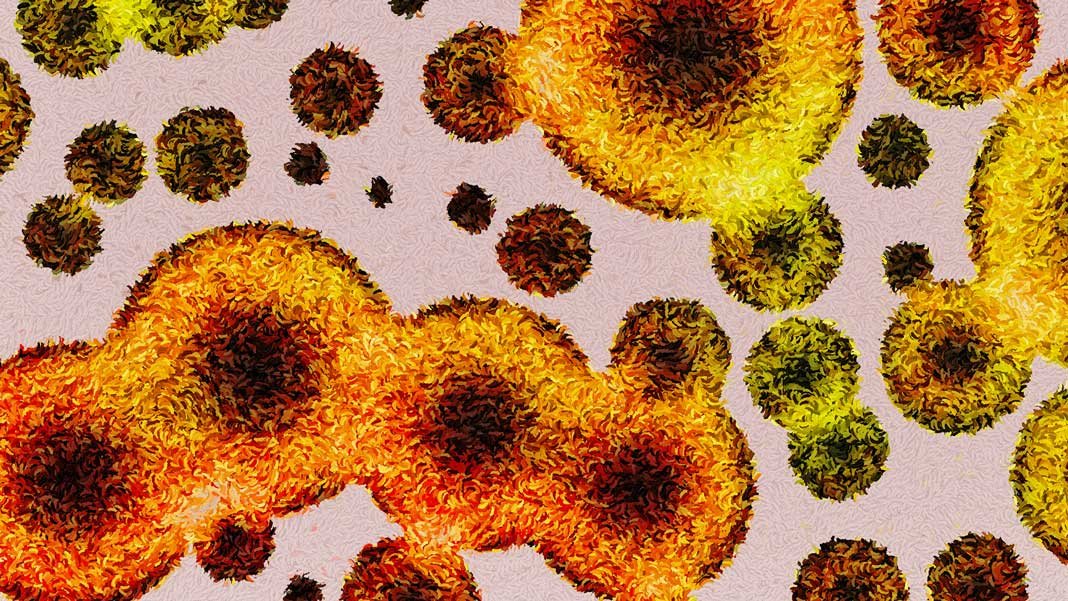

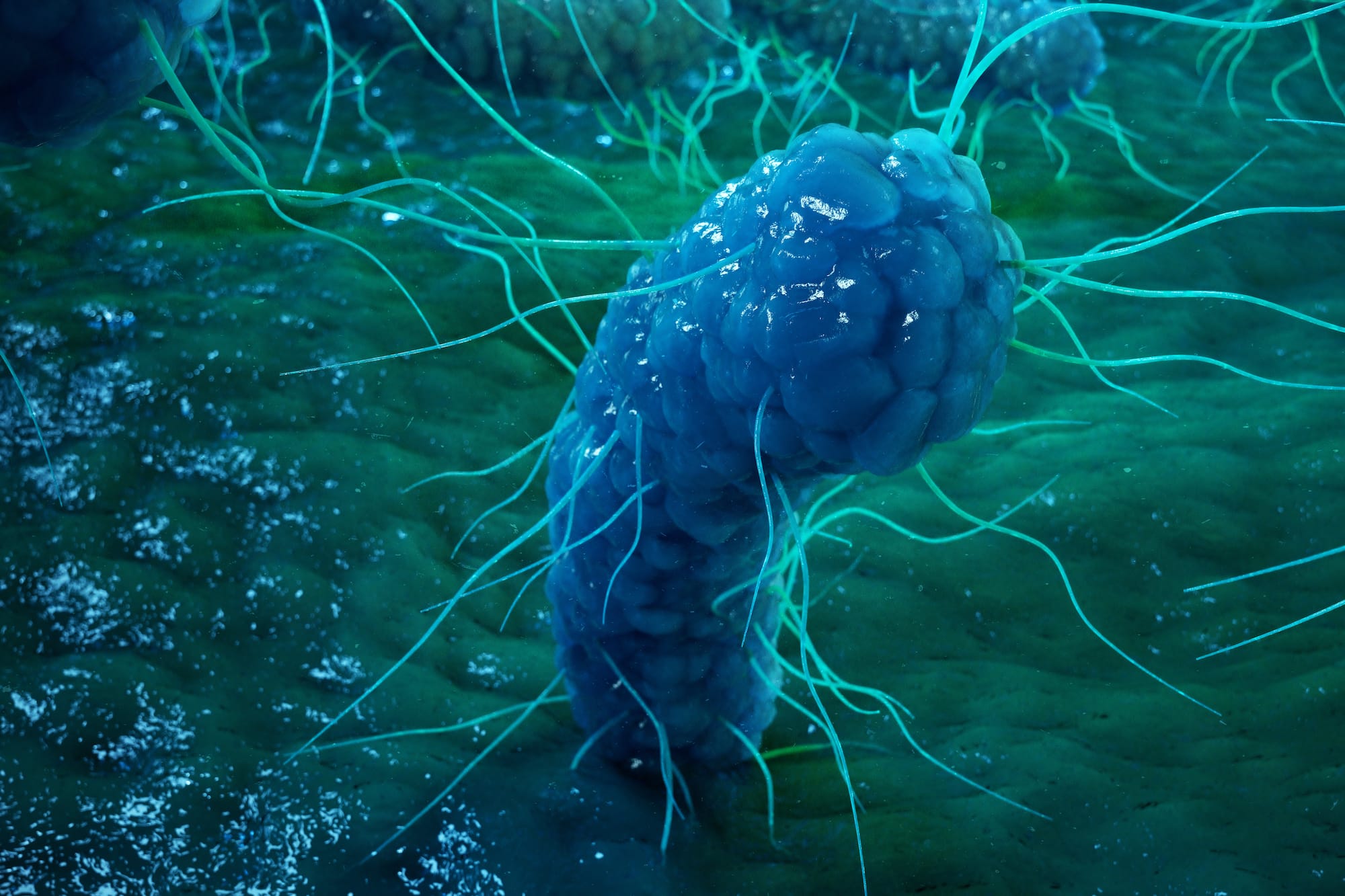


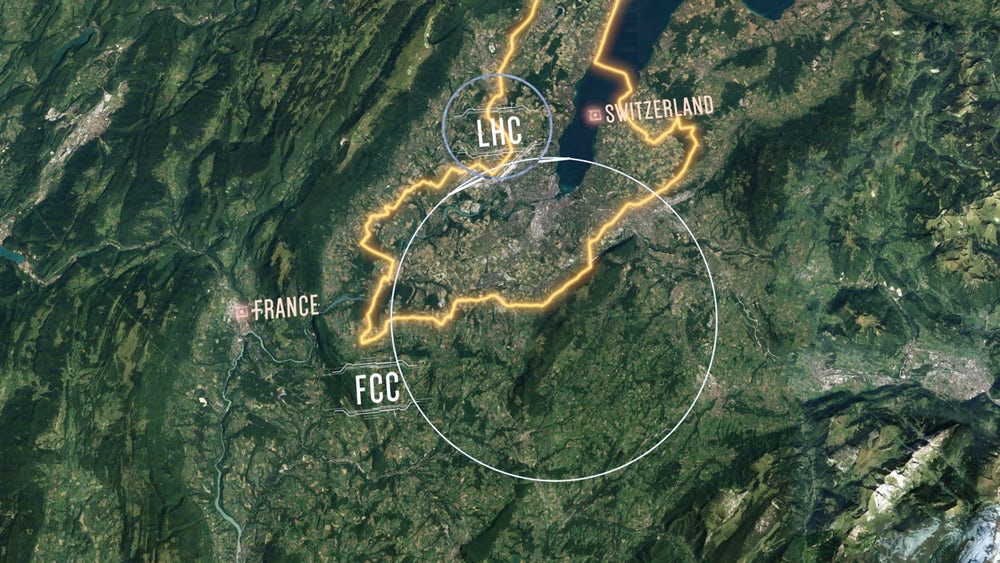


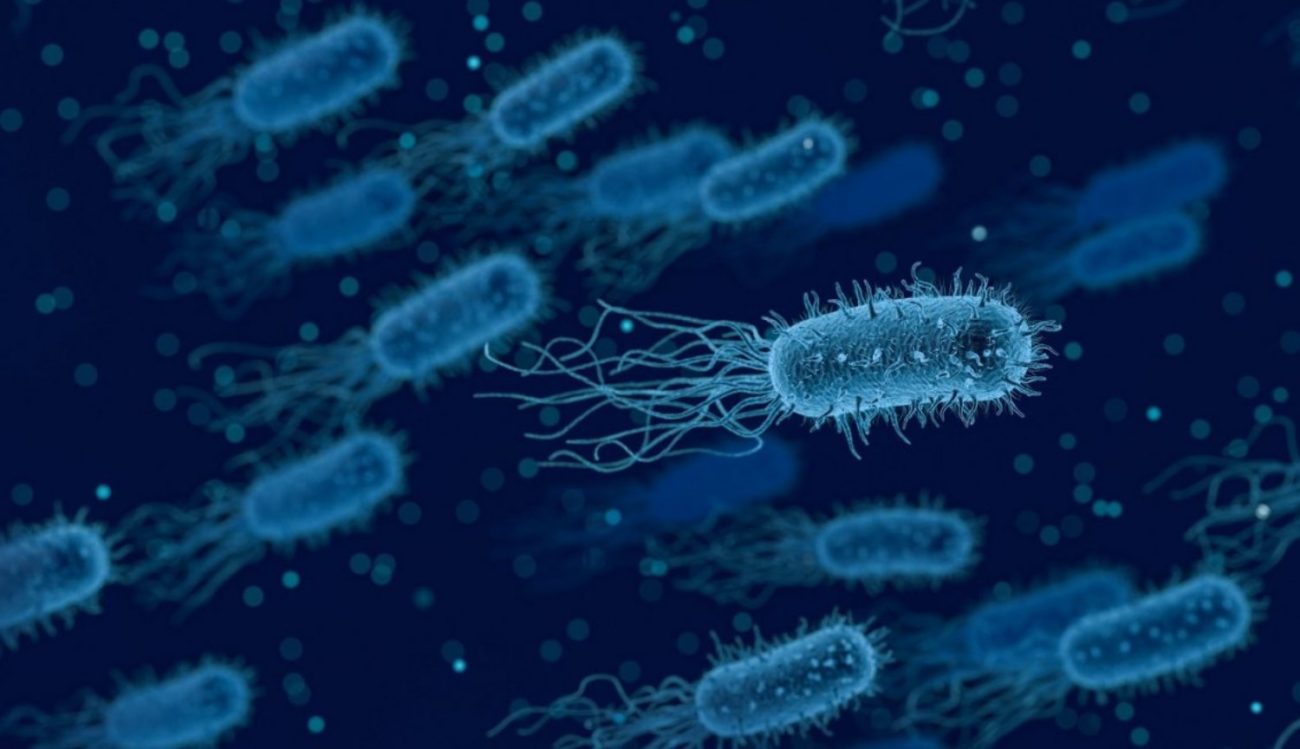
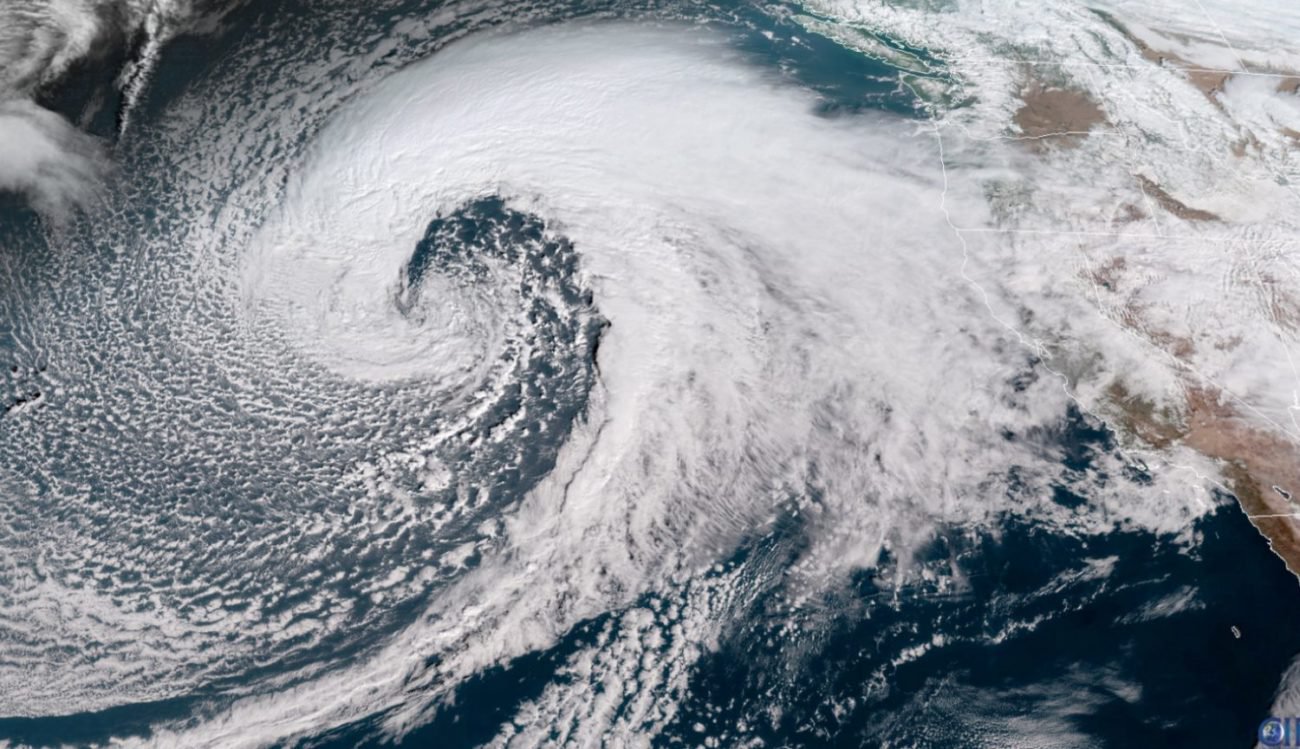



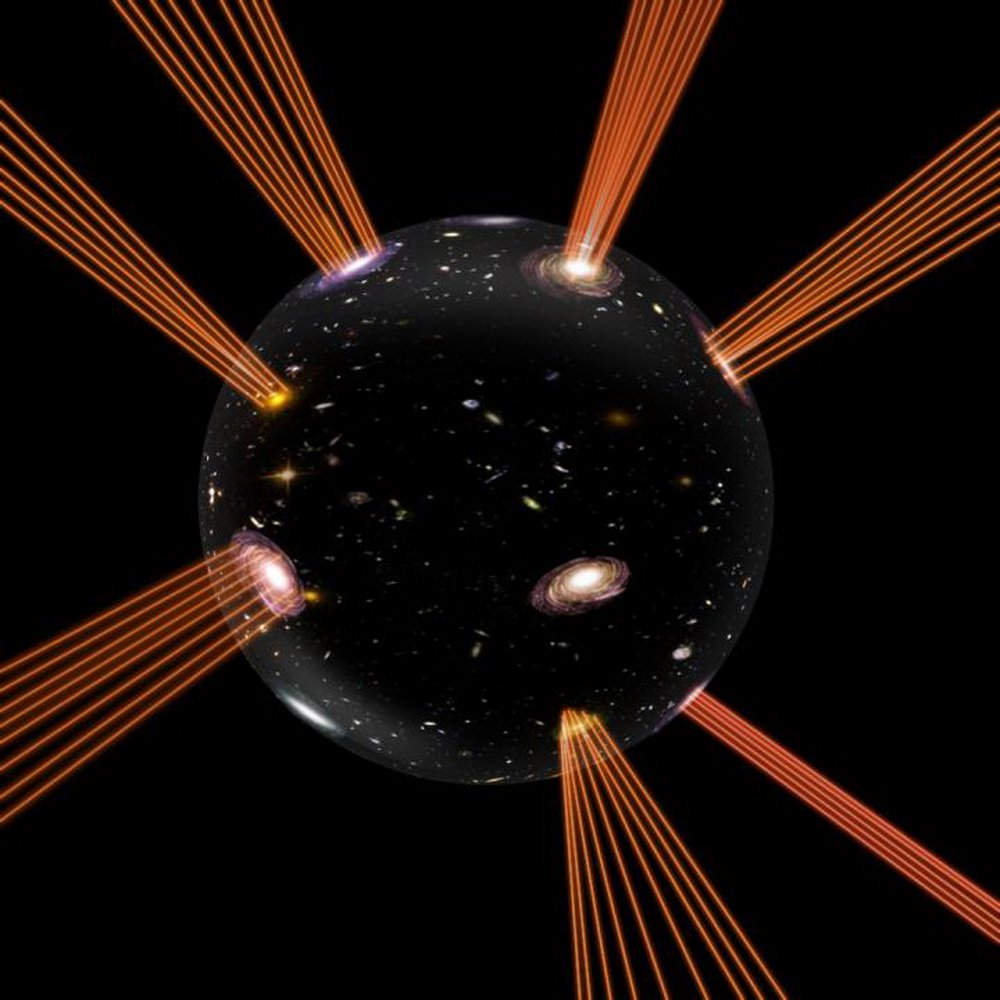
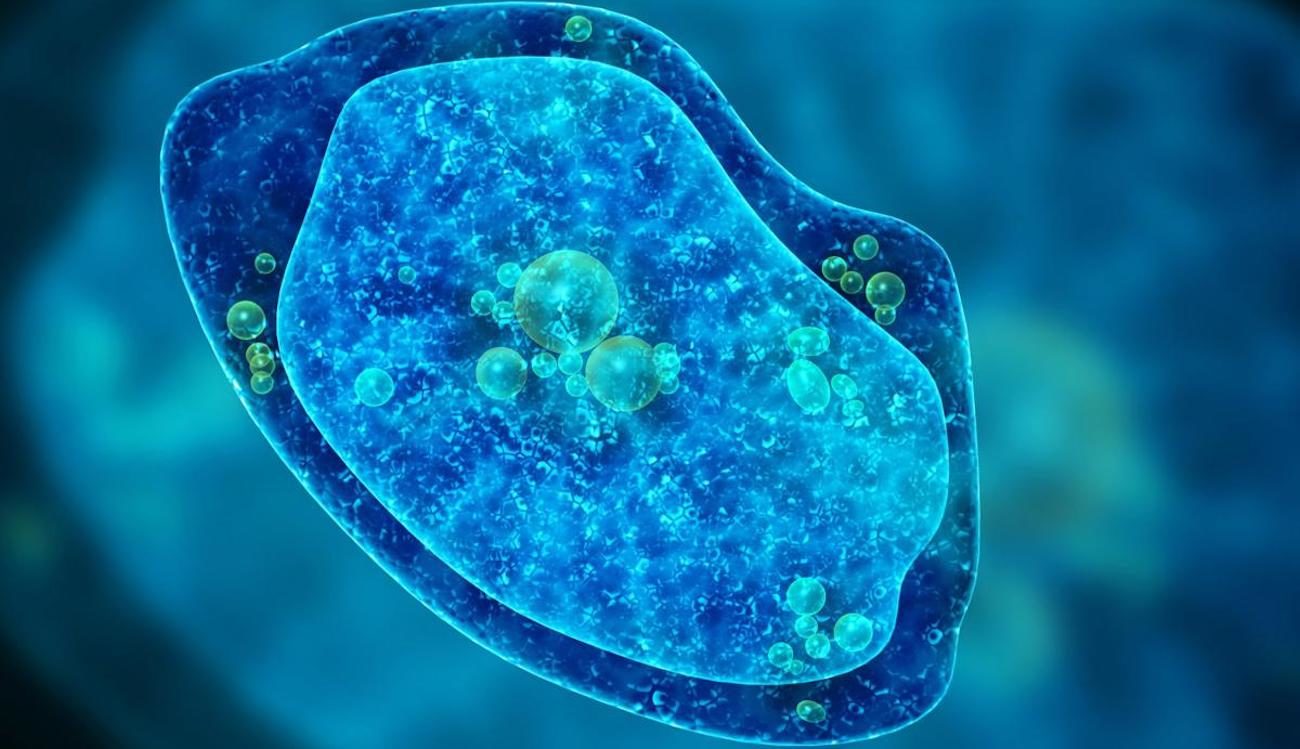
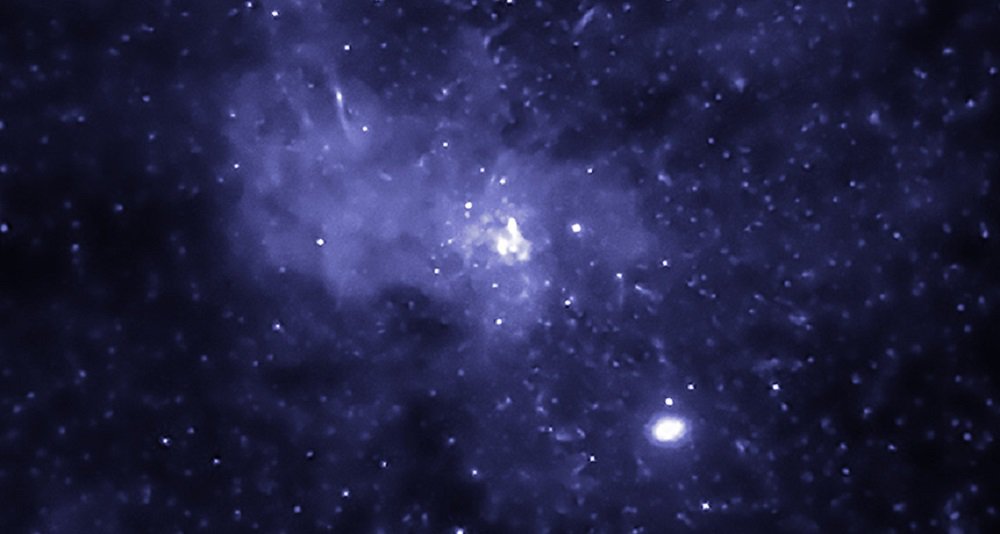


Comments (0)
This article has no comment, be the first!